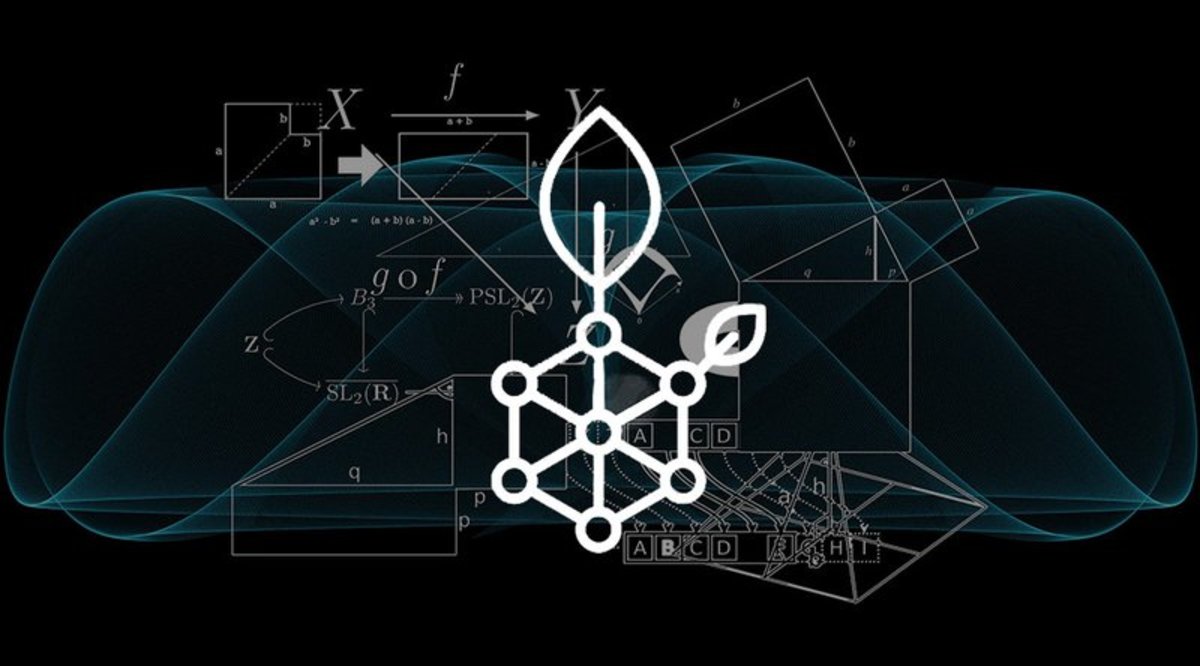
Although smart contract projects on alternative blockchains such as Ethereum are gaining a lot of attention, smart contracts on the Bitcoin blockchain itself are challenging because the Bitcoin network is not a “Turing Complete” system.
A Turing Complete system is one that can compute any algorithmically computable function (although with no guarantees regarding runtime or memory). The Bitcoin network has purposefully omitted Turing completeness to allow the economic incentives the network has been able to create, and for minimizing the security risks that come with self-executable programs.
But a new smart contracts project by RSK Labs called Rootstock aims to bring smart contracts to the Bitcoin blockchain while being a Turing Complete platform. In a blog post on Medium the company said that Rootstock will be similar to the Ethereum project but will use the Bitcoin ecosystem.
“Essentially Rootstock aims to be what Ethereum is, a decentralized, Turing-complete smart contract platform. However, Rootstock aims to utilize the Bitcoin ecosystem rather than creating a new one from scratch. The way this will be accomplished is via the still not fully implemented sidechains technology,” the blog post reads.
According to the company, Rootstock (RSK) will be a sidechain that allows interoperability between both blockchains. Developers of RSK believe that the interoperability will keep investments safer and prevent them from “withering” away like altcoins.
Being a sidechain, the company said that Rootstock would not have a typical alternative token for pre-sale but provide a two-way peg between Rootstock’s native currency RTC and Bitcoin. In order to use the RSK system users would have to transfer bitcoins from their accounts to the Rootstock sidechain. Which would then be converted to RTC, but can also be reverted to BTC at any time.
“As a result of being a sidechain Rootstock will not issue a new currency or token. Instead in order to pay for Rootstock transactions there will be a two-way peg between the native Rootstock token called RTC, and Bitcoin.” the blog post reads.
In order to make the transactions more secure, the RSK system will use the services of a group of leading Bitcoin companies called the “federation.” The federation will enable the exchange between the blockchain and the RSK side chain. Every transaction on the RSK system will be subjected to fees, which will serve as a financial incentive to the federation members.
In a technical white paper released last year, the company said that adding new features such as smart contracts to Bitcoin is necessary to improve its acceptance as the global cryptocurrency, and Rootstock was created with that purpose in mind.
“We believe that new use cases are necessary in order for Bitcoin to become the leading global cryptocurrency, and that adding smart-contract capabilities is key to secure that future.
“With that in mind we created Rootstock (RSK), a smart-contract platform that incorporates a Turing Complete Virtual Machine to Bitcoin. It also provides other enhancements to the network such as faster transactions and better scalability, features that we also believe will enable new usage scenarios.” the paper reads.
Comparison to Counterparty
Rootstock has been compared to Counterparty, another smart contracts platform that makes use of the Bitcoin network and a native token, XCP, to do smart contracts. However, Sergio Lerner, co-founder of Rootstock, says that Rootstock has several advantages over Counterparty.
Talking to IBTimes, Lerner said that Rootstock's Virtual Machine has various advantages over Counterparty in terms of contract execution transaction time.
"From a technical perspective, Rootstock's Virtual Machine offers JIT (just-in-time) compiling for improved contract execution of up to 100 times; Web3 support to enable easy integration with DApps (Distributed Apps) that have a rich user interfaces [sic] and higher rate of user interaction as blocks are validated every 20 seconds versus the standard 10 minutes Counterparty requires.” Lerner said.
Talking about economic incentives for miners, Lerner said that since all of the contract executions on Counterparty are paid in Counterparty’s proprietary token XCP, it offers very few economic incentives for miners in comparison to Rootstock.
Lerner said that Counterparty’s proprietary token XCP lacks market and user base to provide liquidity and price stability.
“From an economic perspective, Counterparty offers few if any incentives to Bitcoin miners as contract execution is paid through XCP transactions that are obscure to them, letting miners profit only from regular Bitcoin transaction fees.” Lerner said. “Also using a proprietary token poses the challenge to create new markets and user adoption in order to provide liquidity and price stability.”
As for Rootstock, there is currently no code available for testing, and the team has not released any information about how far they have come regarding development. But this has not prevented them from attracting investors. On March 21, 2016, RSK Labs announced it had raised $1 million in funding from Bitmain, Coinsilium, and the Digital Currency Group to complete the development of its technical plans.










